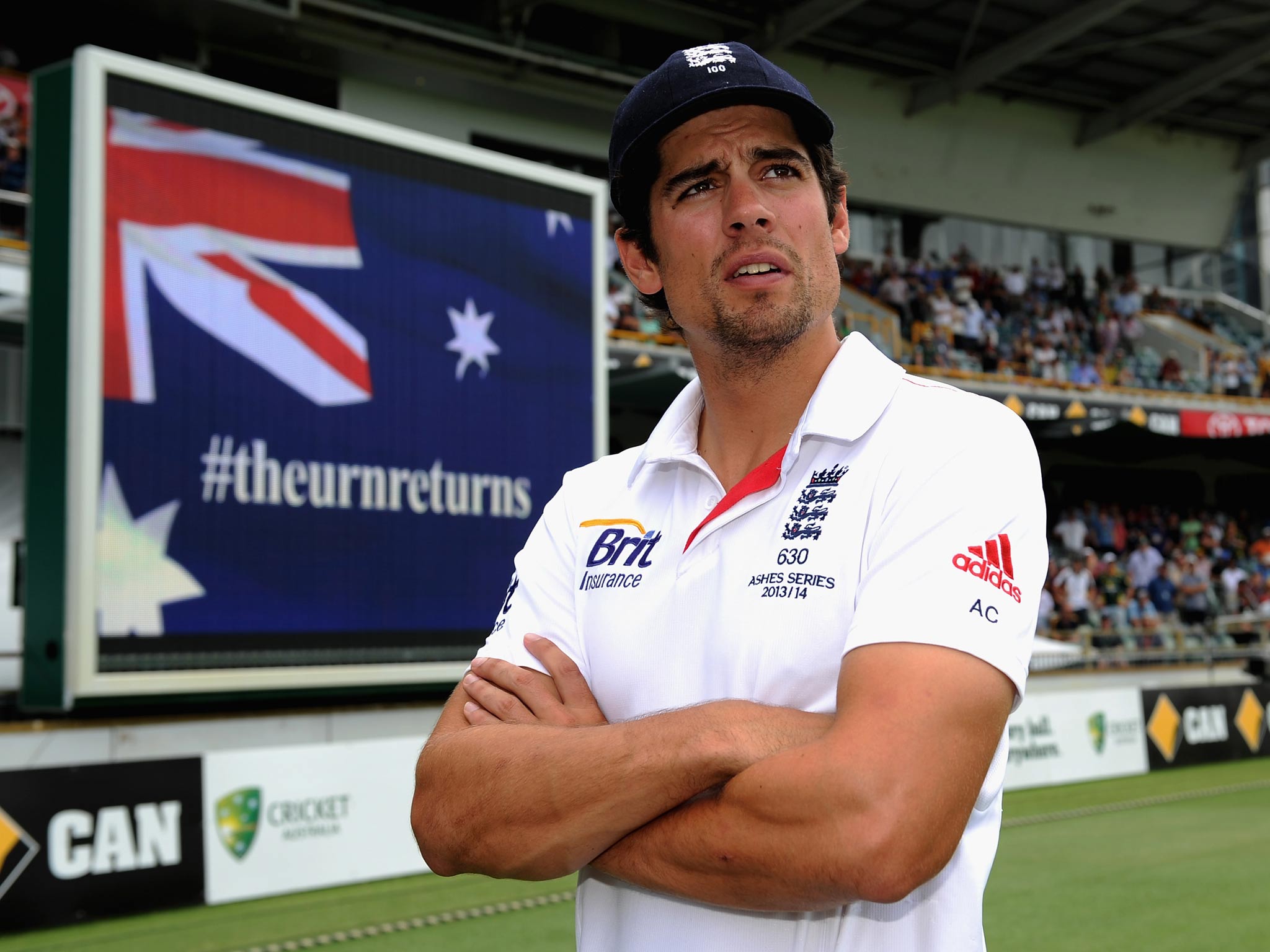Your support helps us to tell the story
From reproductive rights to climate change to Big Tech, The Independent is on the ground when the story is developing. Whether it's investigating the financials of Elon Musk's pro-Trump PAC or producing our latest documentary, 'The A Word', which shines a light on the American women fighting for reproductive rights, we know how important it is to parse out the facts from the messaging.
At such a critical moment in US history, we need reporters on the ground. Your donation allows us to keep sending journalists to speak to both sides of the story.
The Independent is trusted by Americans across the entire political spectrum. And unlike many other quality news outlets, we choose not to lock Americans out of our reporting and analysis with paywalls. We believe quality journalism should be available to everyone, paid for by those who can afford it.
Your support makes all the difference.Fourteen days that shook cricket's world order
Fourteen days of utterly one-sided cricket have transformed perceptions of where England - and Australia - stand in the world cricket order. It has felt like 1989 when the public and pundits assumed England would retain the Ashes, only to discover that Australia were playing a brand of the game that was streets ahead of their opponents.
What is clear now is that the stuttering manner of England's series victory in the summer was a dark portent of things to come. All batsmen have lean times, but to see collective failures across consecutive series suggests either that players are past their peak or that they have fallen victim to deep-seated malaise.
And there have been plenty of earlier signs too. Series defeats against Pakistan and South Africa were excused by the conditions, the quality of the opposition or off-field distractions. A barely-deserved drawn series in New Zealand last winter was perhaps more indicative of where the team stood.
So what now? Here's my 3-point plan...
1. Don't panic
Things look bleak but it's important that England don't do anything rash. Andy Flower needs to look closely at his methods because his team have not demonstrated the hunger or tactical nous we've seen in the past. But calls for him to stand aside should only heeded if he has lost the confidence of the players.
Similarly, there is no point in seeking Alistair Cook's head on a plate when there are no realistic alternatives for the captaincy. Kevin Pietersen should not be discarded lightly either, despite criticism of his shot selection: he is not the only guilty party in that regard.
What's most important is that England look to push forward the younger prospects who are on the fringes of the squad - the likes of Tymal Mills and Alex Lees - and stick by players such as Joe Root and Ben Stokes who should be key men during the coming years.
2. Sort out Prior
Since re-establishing himself in 2008/09 Matt Prior has been the heartbeat of the England team. He has chivvied in the field, scored vital runs in all manner of situations (including six centuries) and proved an expert reader of DRS. His inexplicable loss of form in the last seven months (one half-century in nineteen innings) has arguably been the most significant factor in England's difficulties.
There seems no obvious reason for his decline but it needs to be addressed because a lack of lower-middle order runs has a huge knock-on effect elsewhere in the line-up. Prior is popular and his record speaks for itself. But Jonny Bairstow is pushing hard at the door.
3. Identify Graeme Swann's long-term successor
Of all the surprising ingredients of England's success since 2008, the triumphant return of Graeme Swann from the international wilderness is the most striking. He had been cast off as an apparent misfit and had a fairly moderate first-class record.
Yet he has taken wickets everywhere, against everyone. He has kept things tight when others could not. He conjured breakthroughs just when they were most needed. And, like Prior, he has inspired teammates by his hunger, aggression and general cheery outlook. Seven wickets at 80 in the last three matches may be a blip but he will be 35 in March and has hardly been injury-free in recent times. All things being equal, Swann should play on for a couple more years and may well get back to his best. But that cannot be taken for granted and England need to work out who will be their spinning mainstay come 2016 - or before if necessary. Monty Panesar has not inspired a great deal of confidence lately and Simon Kerrigan needs to get over the disaster he experienced at the Oval. Are Ollie Rayner or Scott Borthwick realistic contenders?
For a long time it has been assumed that England had reasonable strength in depth when it came to bowling resources. The dismal performances of every bowler, bar Stuart Broad, on this tour suggest that belief needs to be recalibrated.

Join our commenting forum
Join thought-provoking conversations, follow other Independent readers and see their replies
Comments